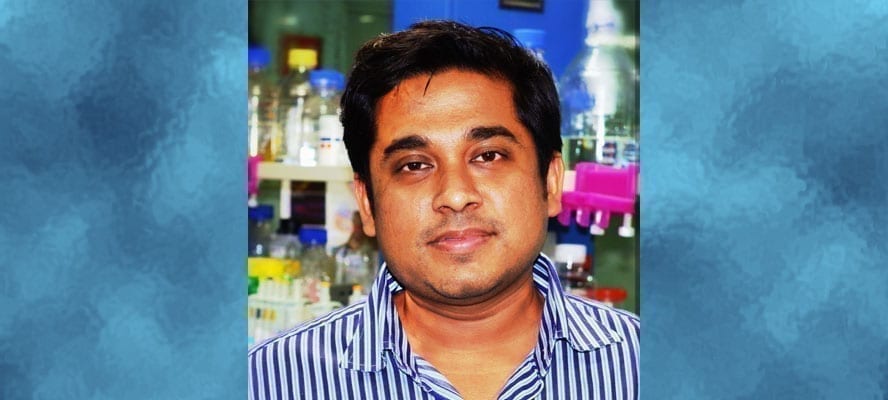CSIR’s constituent lab, Institute of Genomics and Integrative Biology (CSIR-IGIB) have recently invented FELUDA, designed for mitigating the ongoing COVID-19 situation and cater to mass testing. Dr Debojyoti Chakraborty, Senior Scientist CSIR-Institute of Genomics and Integrative Biology, reveals more about the concept in interaction with Sanjiv Das
How can FNCAS9 Editor Linked Uniform Detection Assay (FELUDA) help in the diagnosis of COVID-19?
FELUDA assay combines CRISPR biology with paper strip chemistry for rapid visual detection of COVID-19 presence in a sample. This technology was developed by Dr Souvik Maiti and myself. Since more testing, particularly of asymptomatic individuals, will help prevent frequent community transmission, it is imperative that testing frequencies be increased.
Currently, the gold standard QRT PCRs are being used for diagnosis which involves expensive machines and reagents including long turn-around times. FELUDA aims to cut down on these aspects to provide an economical, accurate and easy-to-perform assay.
CSIR has funded the study.
Which technology was used?
The technology used is CRISPR Cas9, which involves a DNA-binding protein being used to identify and recognise the COVID-19 sequence in a patient’s RNA. The complex is then applied to a paper strip that can give a readout that is visually detected.
Recently Tata Sons have tied up with CSIR-IGIB. What is this tie-up all about? How is this going to help the healthcare fraternity?
The CSIR IGIB-TATA SONS agreement is aimed at taking the FELUDA for COVID-19 to the market. It is a very promising step forward between CSIR and TATA and hopefully will benefit the masses.
Did you face any challenges while going ahead with this project? Who all helped you in this endeavour?
Scientific challenges occur on a daily basis and 99 per cent of the time ideas fail or have difficulties in getting implemented. However, the consistent efforts of young students in this project have been praiseworthy. They have toiled night after night during the entire lockdown period to come up with this diagnostic assay.
Throughout the endeavour, help has come from all quarters and in different forms. These include DG CSIR, Director IGIB, colleagues and staff at IGIB, vendors, logistics personnel just to name a few.
What will be the future initiatives of CSIR-IGIB to tackle the pandemic of COVID-19?
IGIB is actively involved in testing samples which are also expected to rise in number in the coming weeks. Most importantly IGIB has used its core strength in genomics to sequence more COVID-19 genomes in India than any other lab. This is a significant achievement. In parallel, our work on diagnostics is ongoing to make the technology more full-proof and accurate at the same time simple to implement in the most resource-limited settings of our country.



